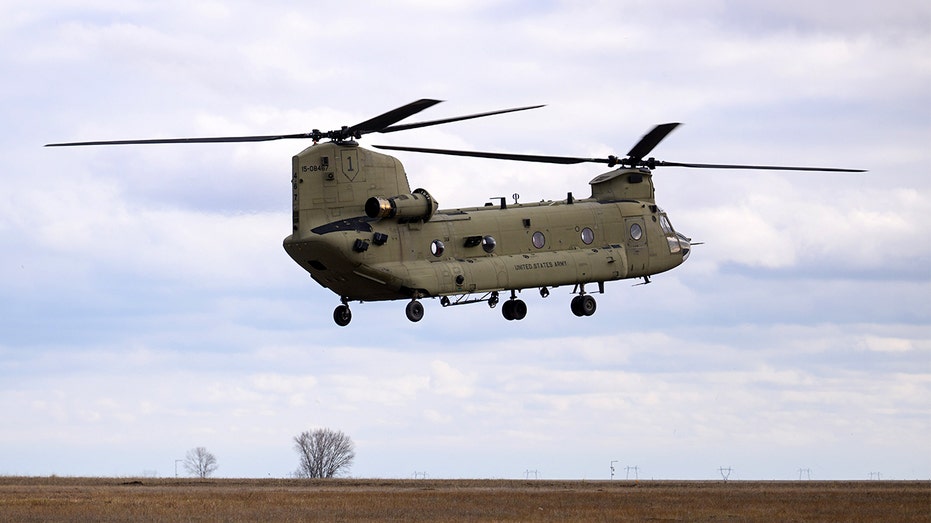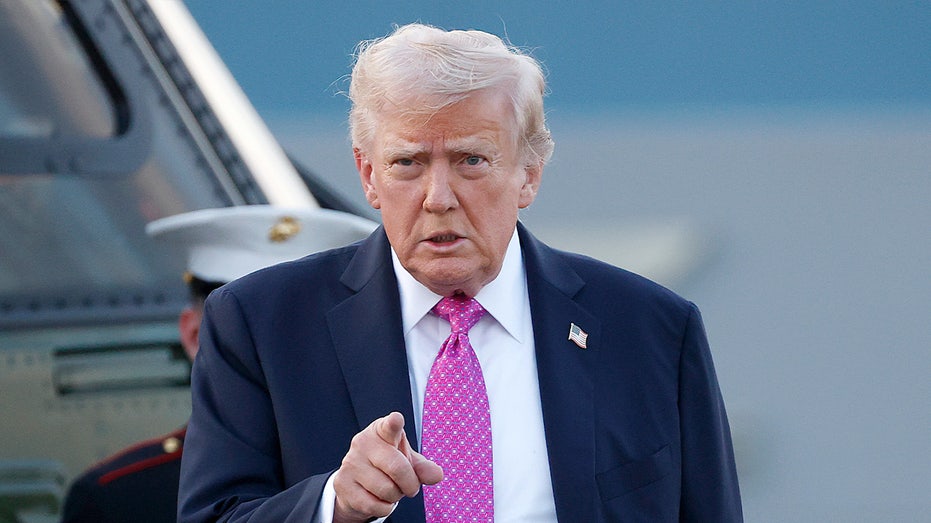NATO SHAKEN: US Pulls Troops – Is Europe Next?

A shift is underway in the American military presence in Romania, a subtle recalibration occurring against the backdrop of the ongoing conflict in Ukraine. The move has sparked debate, raising questions about the long-term commitment of U.S. forces to Eastern Europe and the evolving dynamics of NATO’s defense strategy. Concerns are surfacing that this could signal a broader withdrawal, a notion vehemently denied by defense officials. The 2nd Infantry Brigade Combat Team, part of the 101st Airborne Division, is returning to its home base in Kentucky without a replacement unit. This redeployment, framed as part of a broader strategic adjustment, aims to create what officials describe as a “balanced U.S. military force posture.” The stated intention isn’t retreat, but rather a recognition of growing capabilities within European allied forces. Defense officials insist this isn’t a weakening of resolve, but a response to allies stepping up to assume greater responsibility for their own defense – a goal previously emphasized by former President Trump. The argument centers on a belief that European nations are increasingly equipped to handle conventional defense, lessening the need for a sustained, large-scale American presence. However, this explanation hasn’t quelled anxieties among key lawmakers. Prominent voices in Congress have openly criticized the decision, viewing it as a potentially dangerous signal of diminished American commitment. They argue the timing is particularly troubling, given recent escalations in regional tensions. Just weeks prior to the announcement, Romanian airspace was breached by Russian drones, a stark reminder of the ongoing threat. Lawmakers fear that reducing troop levels now could inadvertently undermine deterrence, emboldening further aggression. The move is perceived by some as sending the wrong message to Moscow, especially as diplomatic efforts to achieve peace in Ukraine continue. The concern extends beyond simple military calculations. Critics suggest the Pentagon’s actions appear uncoordinated with the broader strategic goals of the administration, which has consistently emphasized a firm stance against Russian aggression. This disconnect fuels speculation about a potential rift in policy and a lack of clear communication. Despite the redeployment, approximately 1,000 U.S. troops will remain stationed in Romania. The shift primarily affects rotational forces – units deployed for a limited time – rather than a permanent withdrawal of personnel. Romanian officials have acknowledged the change as a restructuring of troop rotations across multiple NATO countries. The debate highlights a fundamental question: how should the U.S. balance its commitment to European security with the evolving geopolitical landscape and the increasing capabilities of its allies? The answer, it seems, remains a subject of intense discussion and strategic maneuvering.
Share this article
Related Articles
Trending Now
Article Info
Category
Politics
Published
Oct 29, 2025
Last Updated
2 hours ago





